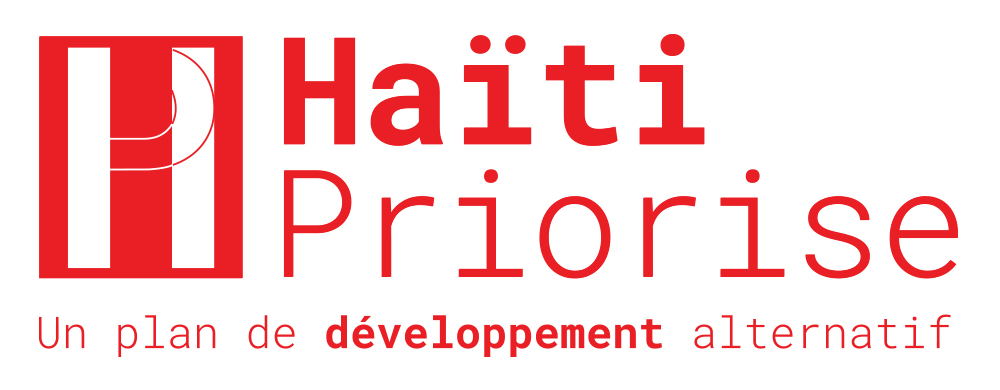Haïti Priorise: Electronic Voting, Chéry
Description of Problem
Haiti has been struggling since 1986 to establish a democracy. It faces increasingly major obstacles to be able to organize reliable elections. The result has been political, social and economic instability.
Elections represent a burden for the Haitian economy. Election costs went from less than $US13 million in 1990 to $US66 million in 2015, representing an increase of 407% in 25 years. Moreover, voter participation has been on the decline, with less than 25% participating in the October 2016 elections.
Concerns from unfulfilled election promises, recurring fraud and irregularity in the voting process and system, and issues of governance are a few factors that must be taken into account.
Solution: Electronic voting
Electronic voting machines would be linked to a regional or national server, via intranet or internet. The machines would be configured with a double verification system using voter ID number and fingerprints, thereby limiting fraudulent votes and other irregularities.
After voting, the voter would receive a receipt/ballot.
A double verification system can provide additional buffers to mitigate the risks of irregularities and fraud by putting mechanisms in place to verify and count the votes.
Switching from the current voting system to an electronic voting system could reduce the election budget by about $18m.
Summary Table of the BCR
Assumes a 5% discount rate.
| Intervention | Benefit - USD | Cost - USD | BCR |
|---|---|---|---|
| E-voting | 90,954,010 | 17,068,000 | 5.3 |
The benefits include:
- Time savings
- Money saved from switching from paper voting
- Greater voter participation
- More efficient 2nd round of elections
- Reduced costs
E-voting would save about US$18 million in expenditure, possibly reducing dependence on foreign aid. It would eliminate spending on ballot printing (US$13 million), as well as management of the tabulation center (US$4 million). It would create gains worth US$6 million just by shortening the time between the different stages of the electoral process. And it would increase voter participation.
A dual-check electronic voting system for Haiti would cost around US$17 million. This money would purchase 10,950 voting machines, along with computers, other hardware and software, and ensure there were enough trained personnel to operate the system.
The benefits of implementing an electronic voting system would be 5.3 times higher than the costs.

